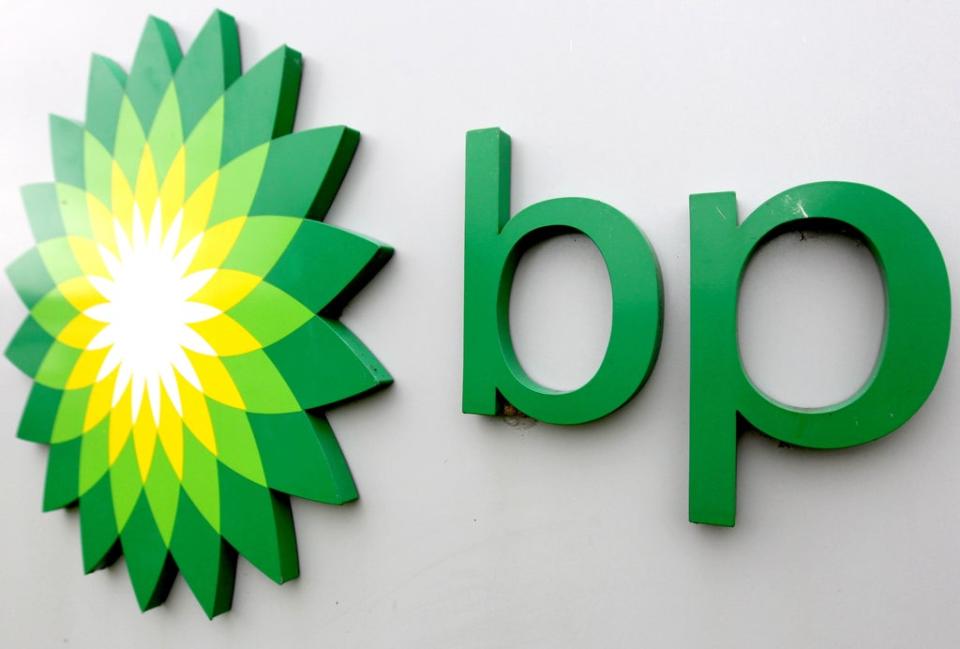‘Cash machine’ oil giant BP launches new $1.25 billion share buyback as it warns on ‘tight’ gas market

BP is set to hand another $1.25 billion to shareholders as the company benefits from soaring oil and gas prices.
The supermajor today said it would spend $1.25 billion on a share buyback over the next few months. It follows a $1.4 billion distribution in the second quarter.
BP is on track to keep buybacks flowing at a rate of $1 billion per quarter so long as oil is at a minimum of $60 a barrel. Brent is currently trading at $85 a barrel, its highest level since 2014.
“We’re a cash machine at these types of prices,” CEO Bernard Looney told investors.
BP maintained its quarterly dividend at $5.46 per share and said it would up the divi by 4% by 2025.
“Big Oil still has some financial clout – even if that is not necessarily the message chief executive Bernard Looney will be looking to put out as the COP26 summit takes place in Glasgow,” said Russ Mould, investment director at AJ Bell.
Oil prices have soared this year as reopening has sparked huge demand around the world, particularly in Asia. Surging prices helped BP’s underlying replacement cost profit - its preferred measure of performance - rise 17% to $3.3 billion in the third quarter. The City had been expecting a figure of $3 billion. However, statutory profit was hit by accounting charges in its gas division.
Looney called it “another good quarter”.
“Rising commodity prices certainly helped, but I am most pleased that quarter by quarter, we’re doing what we said we would - delivering significant cash to strengthen our finances, grow distributions to shareholders and invest in our strategic transformation,” he said.
Looney, who took over last year, is trying to transform BP from an oil company into an energy business as the world ditches fossil fuels. He said BP was “investing with discipline” in renewable and sustainable projects that were “laying the foundations for a material business.”
“This is what we mean by performing while transforming,” he said.
Some investors are pushing energy companies to spin out their renewable businesses. Both Shell and SSE are facing pressure.
Looney said BP was “not hearing that call from our investors”. The “complex” nature of the transition to net zero means “the role for a company like BP becomes clearer and clearer by the day.”
“Our strategy is clear, it’s increasingly clear,” he said. “Our financial framework is clear. I think our investor proposition is clear. I think it’s working.
“When I look at some of those renewable companies out there, some of them are struggling to fund their growth. That’s not a problem an integrated energy company has.”
Mould said: “Higher oil and gas prices are stoking BP’s financial performance and leaving it with the cashflow to both invest in renewable and alternative energy sources and reward shareholders for their support. Environmental campaigners will welcome the former but argue that the money used for the latter could instead by deployed to accelerate the company’s transition away from hydrocarbons.”
BP’s statutory profit was hit by accounting technicalities and the company slumped to a $2.5 billion loss in the quarter.
Accounting rules mean BP has to book changes in the market value of contracts it uses to hedge its liquified natural gas (LNG) shipments. BP trades natural gas and hedges delivery contracts to protect against price swings. Natural gas prices have soared to record highs in recent highs amid surging demand and a crunch on supply. That has pushed up the cost of hedging. BP took a $6.1 billion charge on its LNG hedges, pushing BP’s gas and low carbon energy business to a loss of $4.1 billion. That compared to a profit of $927 million in the prior quarter and City forecasts of a $1.5 billion profit.
BP said the issue “is expected to unwind if prices decline and as the cargoes are delivered.”
However, the company said gas markets “will remain tight during the period of peak winter demand.” The good news is that should support oil prices as more businesses switch to oil to cope with high gas prices.
The accounting treatment pushed BP to a statutory loss of $2.5 billion in the quarter.
Shares fell 9.75p or 2.7% to 347.2p.
Read More
Shell fires back at investor attack branding Dan Loeb’s break-up calls “symbolism”
Winter energy crisis warning as Opec refuses to tame oil prices
Spike in gas prices to continue throughout the winter, Jim Ratcliffe predicts

 Yahoo Finance
Yahoo Finance 